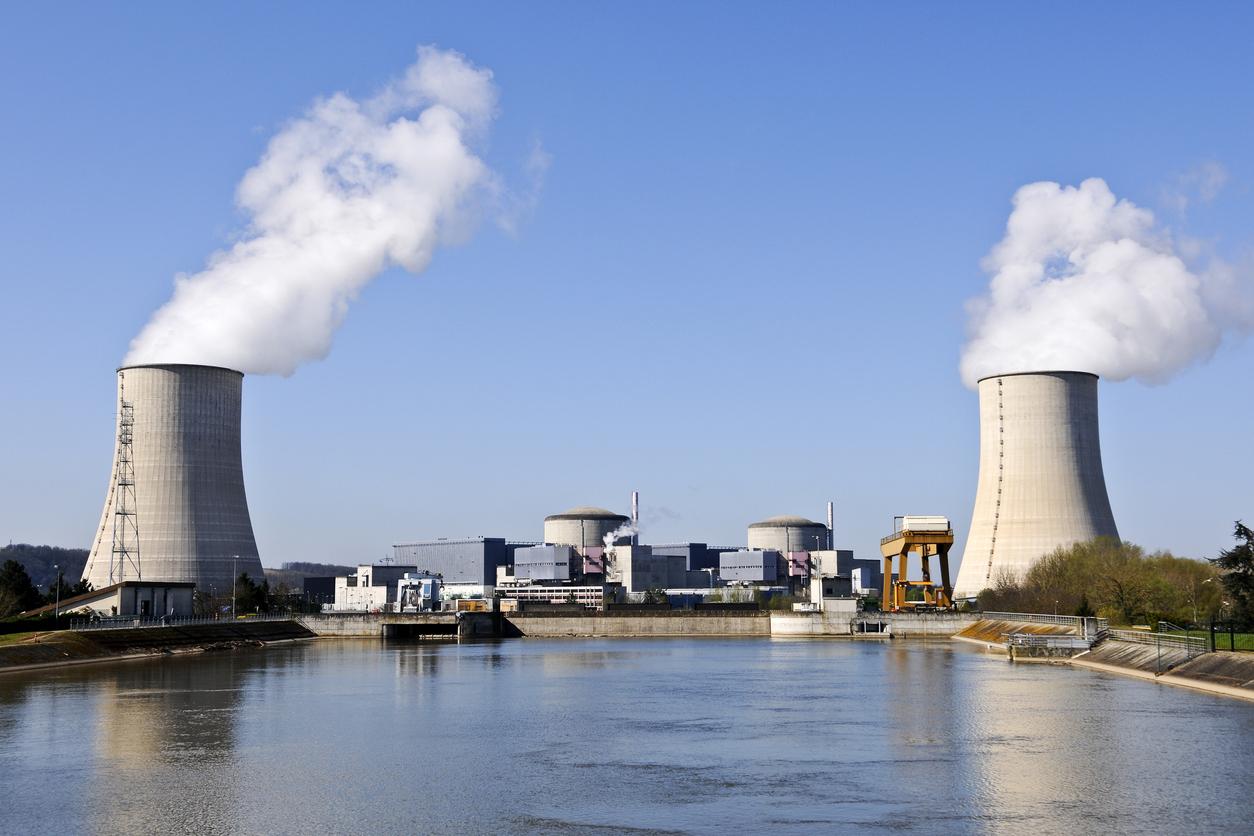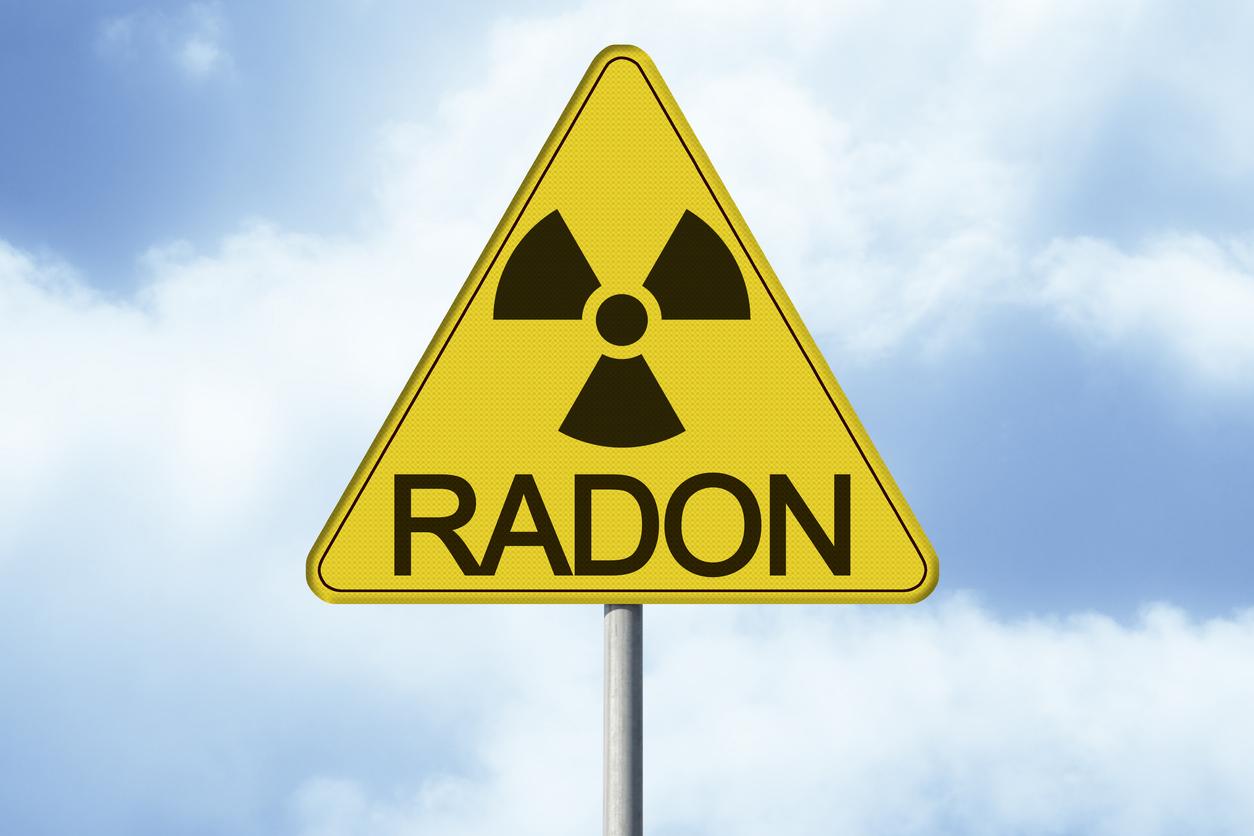Vasectomy is an uncommon male contraception in France, unlike in the United States. Yet a study shows a link between this practice and a lethal form of prostate cancer.

Vasectomy, a technique for the definitive sterilization of man, has long been considered in France as a mutilation. It has only been legally authorized since 2001. But today, a study, published in the Journal of Clinical Oncology, shows that men who have had a vasectomy are more likely to develop a lethal form of prostate cancer.
20% higher risk
49,405 Americans, aged between 40 and 75, participated in this study, which began in 1986. Of these, 6,023 have since been diagnosed with prostate cancer, including 811 with an aggravated form of the disease.
On the other hand, 25% of the participants had undergone a vasectomy, which is a widely used contraceptive method in the United States. With these data, the researchers then assessed the risk of developing the lethal form of cancer in the latter. And the results are clear: if men had had a vasectomy, they were 20% more likely to develop worsened prostate cancer. On the other hand, with regard to less severe forms of the disease, they were not considered to be more at risk.
The reasons for these results are still unclear, but researchers believe the hormonal imbalances that may accompany vasectomy may play a role in the development of cancer.
Better monitoring of men
In France more than 40,000 people are affected by prostate cancer, and it is the second leading cause of cancer death in men. It is therefore a major public health issue. As for vasectomies, it is a rare practice in France, unlike the United States, where 16% of men use it.
However, knowing that it is a risk factor can help better prevent the disease and frame vasectomies, by increasing the monitoring of men who choose to have it.
.

















